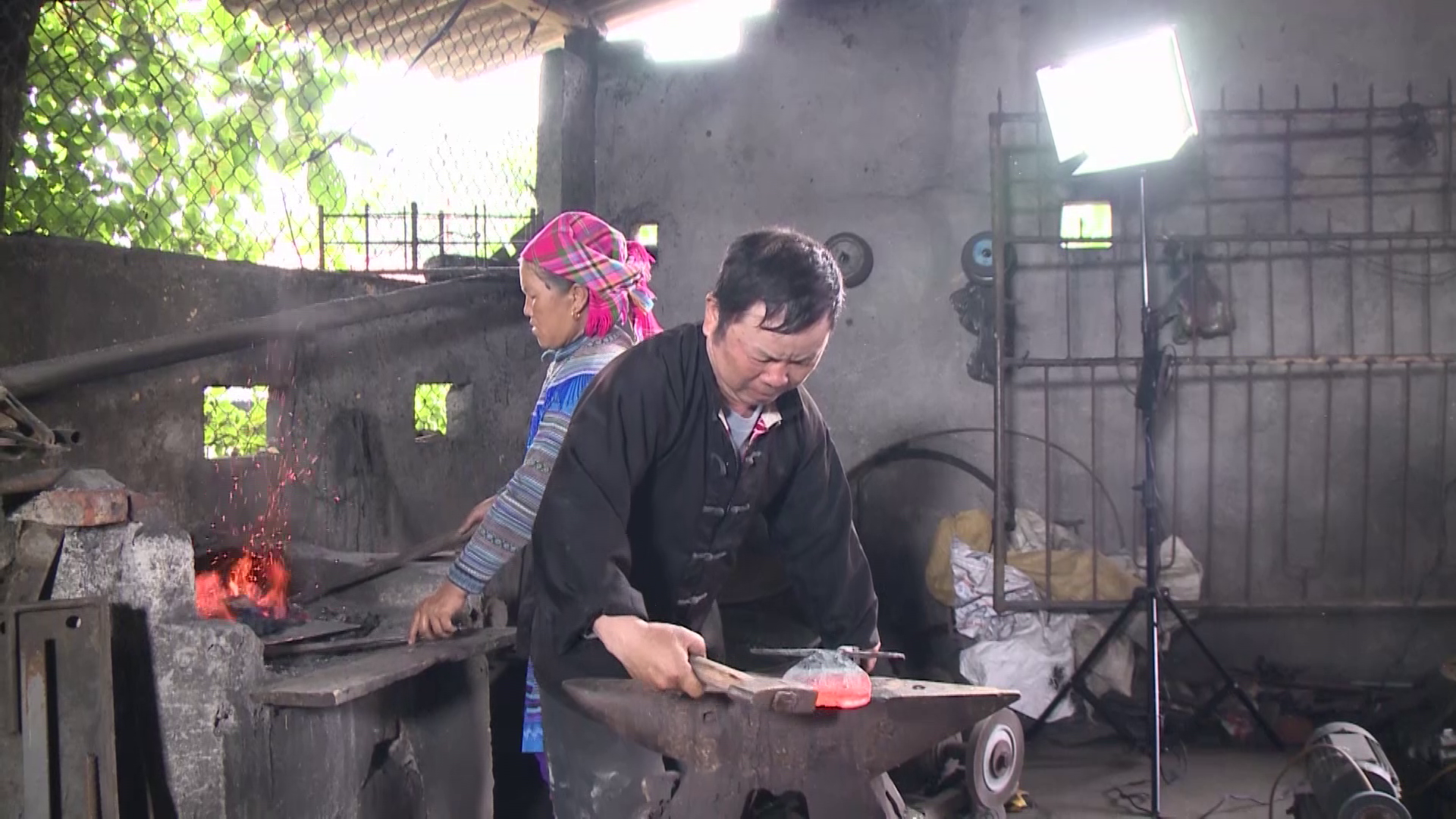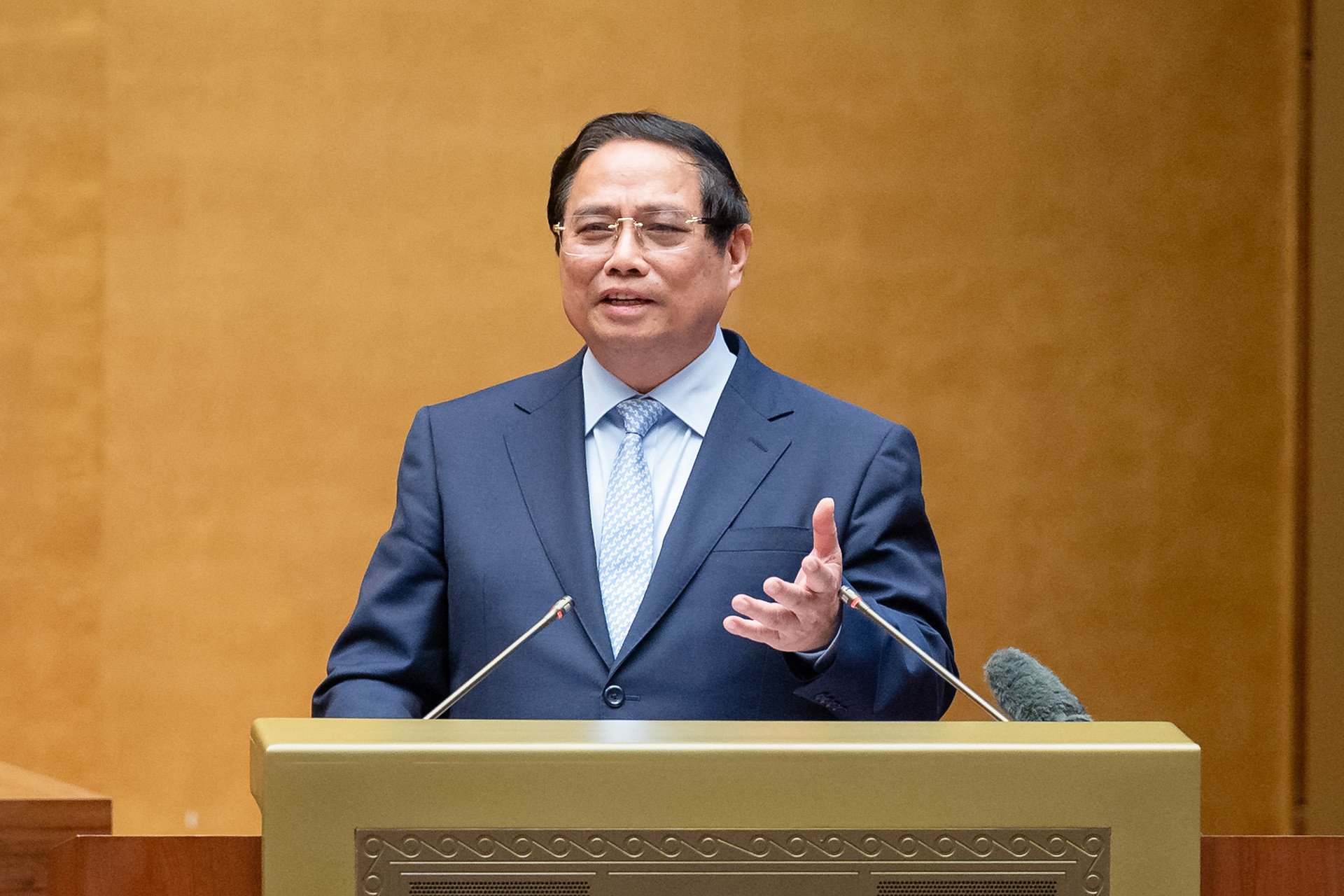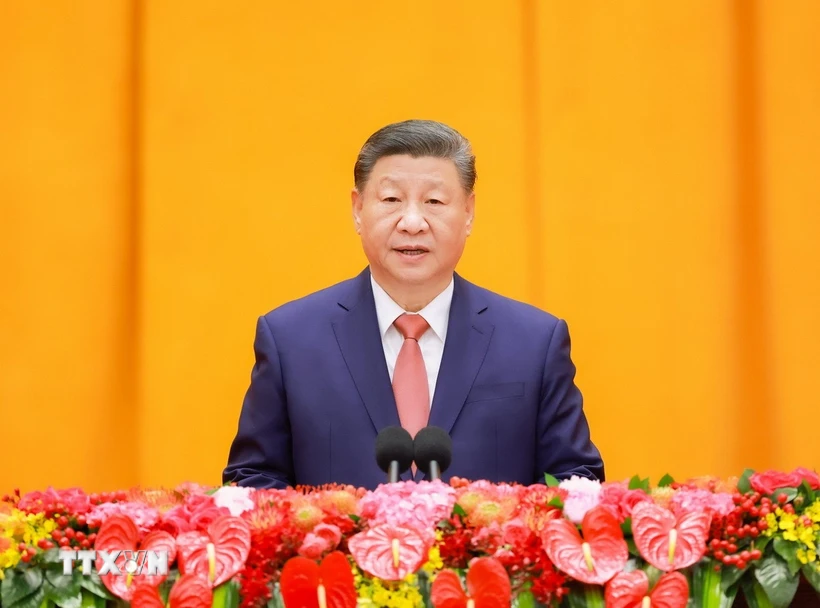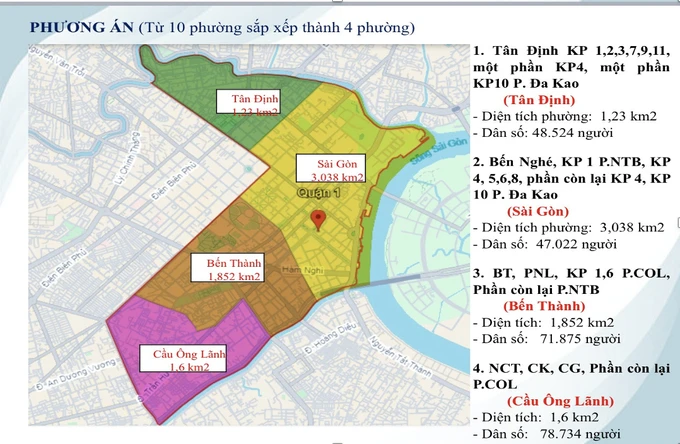UBS Group AG has revised down its forecast for China's economic growth in 2024 from 4.9% to 4.6% due to a slowdown in the property market and a tightening fiscal stance.
 |
| Economists surveyed by Bloomberg in August lowered their forecast for China's economic growth for the third and fourth quarters of 20224 from 4.7% to 4.6%. (Source: Monexsecurities) |
UBS also lowered its forecast for China's economic growth next year from 4.6% to 4%.
The move comes after weak earnings reports from some of China's top consumer companies this month raised concerns that the world's second-largest economy may miss its growth target of around 5% this year.
The downturn in the real estate market has had a strong impact on domestic demand and consumer confidence.
China missed its annual growth target in 2022 due to Covid-19 lockdowns and sudden policy changes.
UBS economists predict that the weakness in the property sector will have a larger impact on the overall economy, including household consumption. Many analysts have revised down their growth forecasts for China after the country recorded its weakest growth rate in five quarters in the second quarter of 2024.
Other banks are also skeptical about China's ability to meet its growth target, with JPMorgan Chase & Co. predicting 4.6% growth and Nomura Holdings Inc. forecasting a lower 4.5%.
Economists have lowered their forecast for China's economic growth for the third and fourth quarters of 20224 from 4.7% to 4.6%, according to a Bloomberg survey in August.
Although Beijing has been easing policy on the property market since late 2022, reducing down payment requirements, lowering mortgage rates and easing restrictions on home purchases, the implementation of these measures has been slow and had limited impact.
According to economists, the fundamentals of China's real estate supply and demand have changed in recent years, with market confidence low amid weak household income growth, high inventory levels and slow inventory reduction.
UBS has downgraded its outlook for China's real estate sector.
China’s property market slowdown shows little sign of reversing. New home sales fell nearly 20% in July from a year earlier, while first-home prices fell at their fastest pace in nine years.
New home construction also continued to decline at a rate of about 20%. The housing crisis has dragged down everything from the labor market to consumer spending and household wealth over the past two years.
Economic woes have contributed to a prolonged slump in the world’s second-largest stock market, despite government efforts to restore investor confidence. China’s CSI 300 Index has fallen 4.2% so far this year and is on track for its fourth straight annual decline.
The slump in the property sector also shows that the package of measures announced in May has not been effective. China is considering a proposal to allow local governments to finance the purchase of unsold apartments through special bonds to support the market.
The government's 5% growth target is almost impossible to achieve, said strategist Wang Yan at Canada-based investment consultancy Alpine Macro.
"Policymakers lack a clear and coordinated strategy to deal with the challenges. The small-scale measures being taken to address demand issues are only temporary," said Wang Yan.
Source: https://baoquocte.vn/loat-ngan-hang-bay-to-lo-ngai-ve-kinh-te-trung-quoc-284316.html




![[Photo] Prime Minister Pham Minh Chinh receives Mr. Jefferey Perlman, CEO of Warburg Pincus Group (USA)](https://vstatic.vietnam.vn/vietnam/resource/IMAGE/2025/4/18/c37781eeb50342f09d8fe6841db2426c)

![[UPDATE] April 30th parade rehearsal on Le Duan street in front of Independence Palace](https://vstatic.vietnam.vn/vietnam/resource/IMAGE/2025/4/18/8f2604c6bc5648d4b918bd6867d08396)





























































































Comment (0)